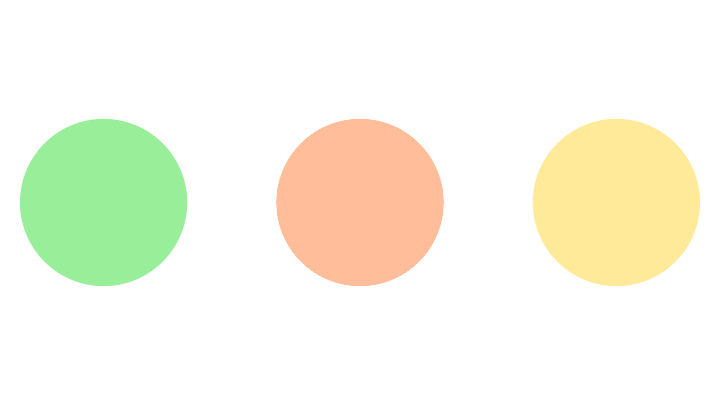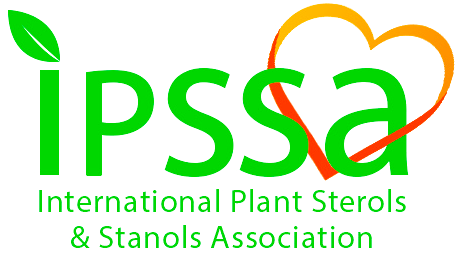Plasma fat-soluble vitamin and carotenoid concentrations after plant sterol and plant stanol consumption: a meta-analysis of randomized controlled trials
The LDL-cholesterol lowering benefit of plant sterols/stanols is well established and including foods with added plant sterols/stanols into a cholesterol lowering diet is a common practice for many people. Plant sterols/stanols lower LDL-cholesterol by inhibiting cholesterol uptake (absorption) from the gut. Questions are sometimes raised whether plasma concentrations of fat-soluble vitamins and carotenoids are also affected by plant sterol/stanol consumption since their uptake follows that of cholesterol.
A new paper, ‘Plasma fat-soluble vitamin and carotenoid concentrations after plant sterol and plant stanol consumption – a meta-analysis of randomized controlled trials’
Baumgartner et al. Eur J Nutr (2016). doi:10.1007/s00394-016-1289-7 (available in open access), investigated the effect of plant sterol/stanol intake on plasma fat-soluble vitamins (i.e. vitamins A, E and D) and carotenoids concentrations (α- and β-carotene and others) to provide an up-to-date quantitated overview based on a meta-analysis of 41 randomized controlled studies including 3,306 individuals.
Plasma concentrations of vitamins A and D were not affected; neither were cholesterol-standardized concentrations of vitamin E.
Cholesterol-standardized concentrations of α- and β-carotene and lycopene decreased by 6 to 10%. Overall, the observed changes were modest and within normal ranges.
Therefore, the intake of foods with added plant sterols/stanols is not leading to undesirable effects as new evidence shows that plasma carotenoid levels remain within normal ranges after consumption of these foods.
Furthermore, the modest changes in blood carotenoid concentrations being within typical inter-individual variation are considered physiologically insignificant. A sufficient intake of fruit and vegetables as part of a healthy diet accompanying the consumption of foods with added plant sterols/stanols also prevents modest reductions in plasma carotenoid concentrations.

